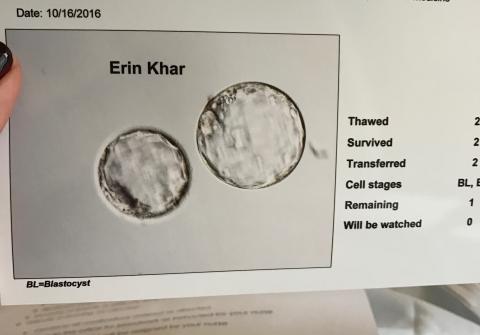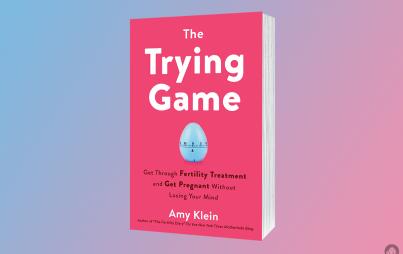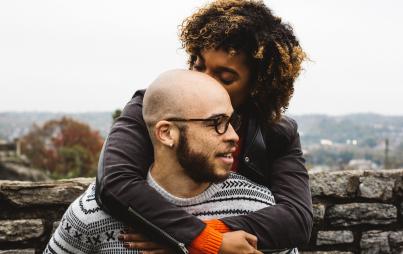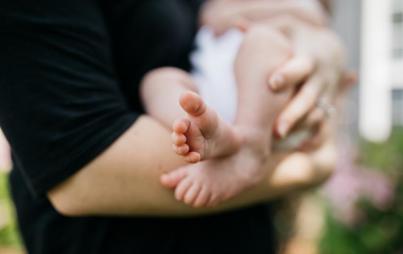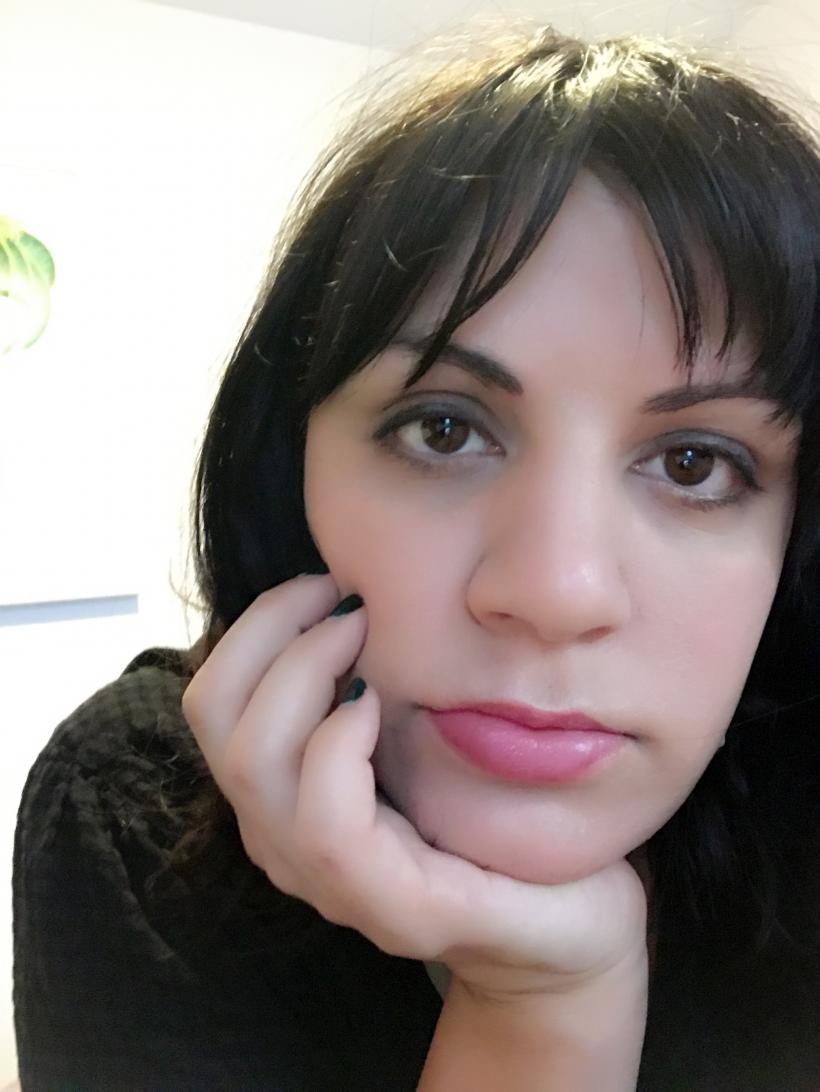
If you’re struggling with infertility, I see you. I know what the isolation of infertility feels like.
CN: Pregnancy Loss
It’s National Infertility Awareness Week and this year’s theme is #FlipTheScript — the goal being to change the conversation about infertility. If you know me from my advice column, or my writing on stigmatized topics like addiction, mental illness, miscarriage, etc., you know that I like nothing more than flipping the script, changing the conversation, talking about the stuff that people are afraid to talk about.
Why? Because when we talk about the stuff we are afraid to talk about, we feel less alone.
Infertility is one of those experiences that can leave you, as a couple or individual, feeling very, very alone. When I’ve spoken to others who’ve gone through it, as I did, they all commented on how lonely it was — struggling to conceive a child while the world seems to populate effortlessly. As I went through my own struggle, my eyes were opened to just how damn common infertility is. We need to talk about this — to end misconceptions, to lean on each other, and to learn more about our bodies.
We need to open up about the process, the highs and lows. I am not ashamed that my second child was born via IVF. He’s not a “test-tube baby;” he’s a human with a soul and a personality and a brain, and he got here thanks to reproductive medicine. And I don’t need or want to hide that.
I had my first child in my 20s and naively thought that I’d have no problem TTC (trying to conceive), even though I’d crossed that scary ovarian threshold — 40. My OB suggested I make an appointment with an RE (reproductive endocrinologist, AKA fertility doc) while we started trying, “just in case,” because of my AMA (Advanced Maternal Age). Well, to make my very long story short, in the space of two years, I went through two rounds of IVF (one with genetic testing) and got pregnant five times. None of these pregnancies resulted in a baby.
You Might Also Like: My Infertility Struggle Opened Me Up To A Sisterhood I Never Knew Existed
I had four miscarriages. Then, a second-trimester loss when I went into premature labor and gave birth to a very tiny stillborn baby. The grief was crushing. And you know what? It wasn’t my old eggs. In four of these five losses (and the other embryo transfer that didn’t take), there were no genetic abnormalities. I was in the one percent I had no desire to be a part of. They called it bad luck. I was flattened.
After losing that baby, it was kitchen sink time. Blood work revealed I had an MTHFR gene mutation which has been known to cause recurrent miscarriages — placentas don’t develop correctly due to increased blood clots. The medical community is skeptical of giving that theory much weight, but since the treatment is relatively benign, we chose to treat it if I got pregnant again. We also chose to remove a fibroid through a myomectomy in case that had played a part in the premature labor.
I did get pregnant again. This time I meditated, I did acupuncture weekly, I injected a blood thinner, took a baby aspirin daily, and had a cerclage put in at 12 weeks.
But, I was so damn scared.
What if I lost this baby too? I didn’t. Less than ten months after that fifth loss, we had our rainbow baby. We were lucky. It doesn’t happen for everyone. And we need to talk about that, too.
If you’re struggling with infertility, I see you. I know what the isolation of infertility feels like.
There are thousands upon thousands of other people going through this. And we need to talk to each other. We need to open up about the process, the highs and lows. I am not ashamed that my second child was born via IVF. He’s not a “test-tube baby”; he’s a human with a soul and a personality and a brain, and he got here thanks to reproductive medicine. And I don’t need or want to hide that.
I live in New York City, and my RE is part of a large fertility clinic at a major hospital. Every morning, during monitoring for IVF, I’d sit there in the waiting room and marvel at the cross-section of people also waiting. Infertility is not about age or race or community. There was not one distinguishing feature among all the faces I’d sit with every morning. But we shared a painful and lonely journey.
I wish I’d turned to the person next to me on any given morning and talked about it. I wish I’d paid attention when people I knew went through this before I did.
If you know someone going through infertility and I am sure you do, it’s okay to ask them about it.
Infertility is not a dirty little secret. Ask your friends or family members struggling with infertility if they want to talk about it. Let them know that you’re there. Don’t launch into a lecture about other options (adoption, surrogacy, etc.), unless they bring it up. The more we normalize the conversation, the easier it is on those going through it.
If you’re someone who is struggling with infertility, feel free to reach out to me. You can contact me through the form below or message me on social media. You are not alone. There’s no shame in assisted fertility. Let’s #FlipTheScript together.


